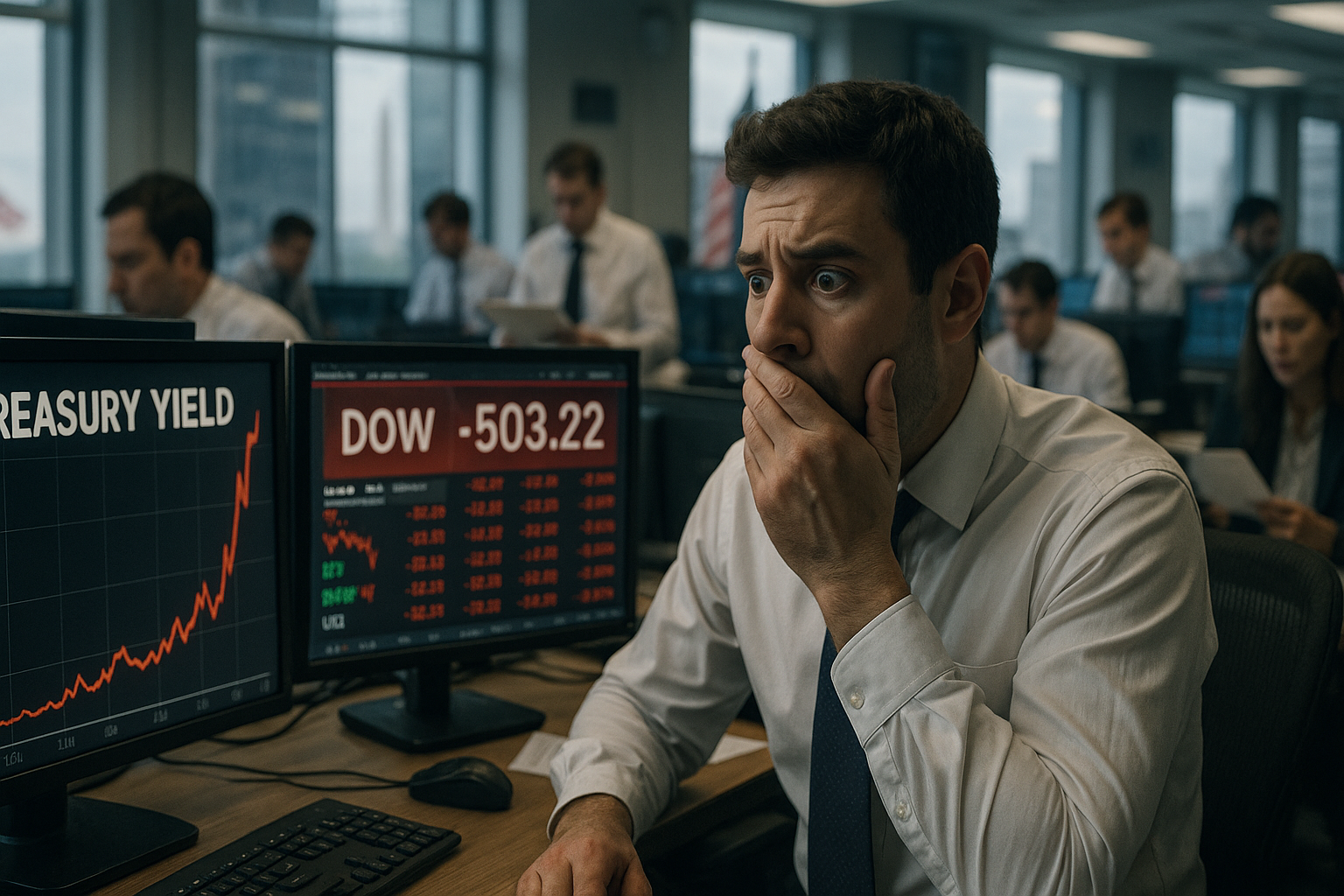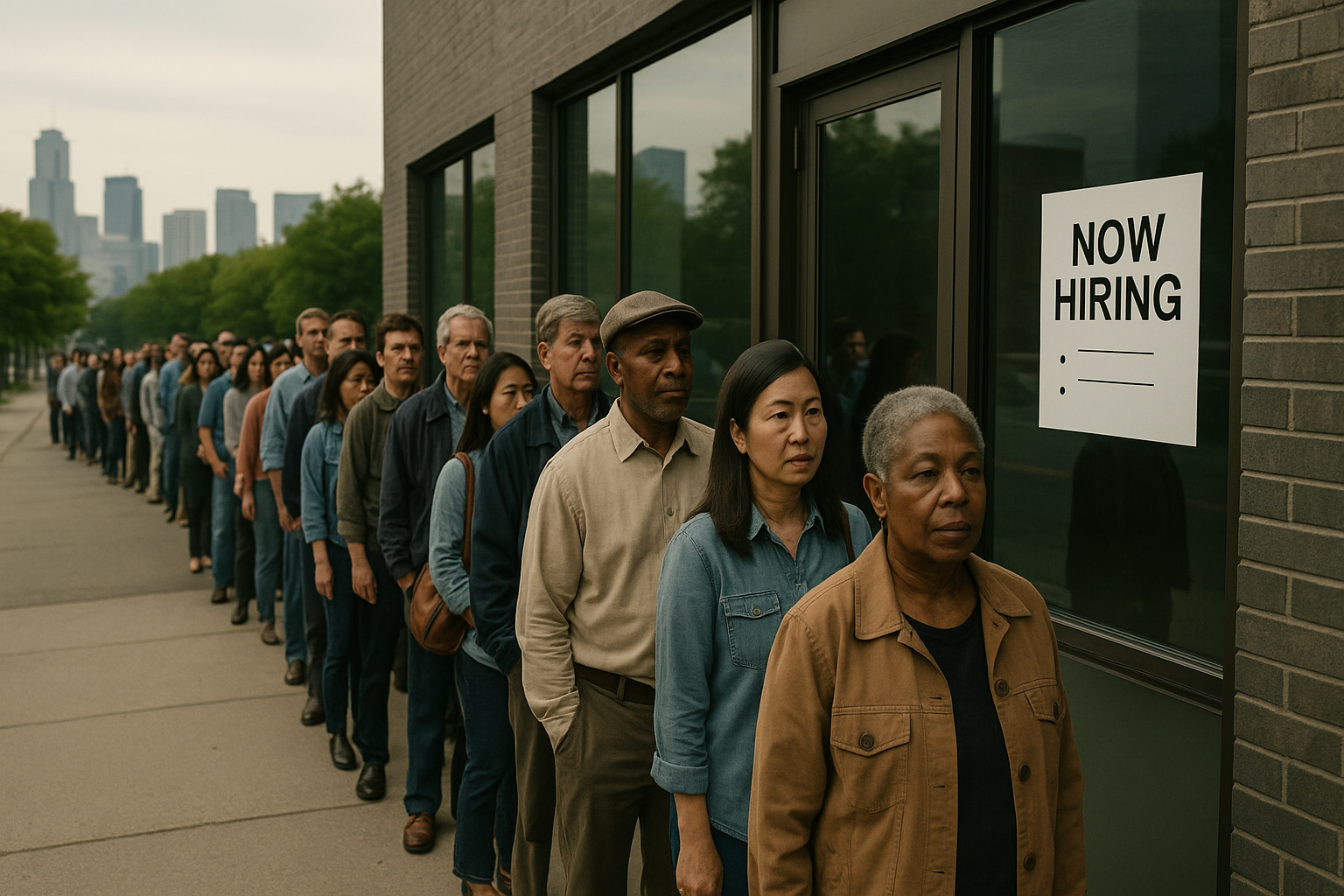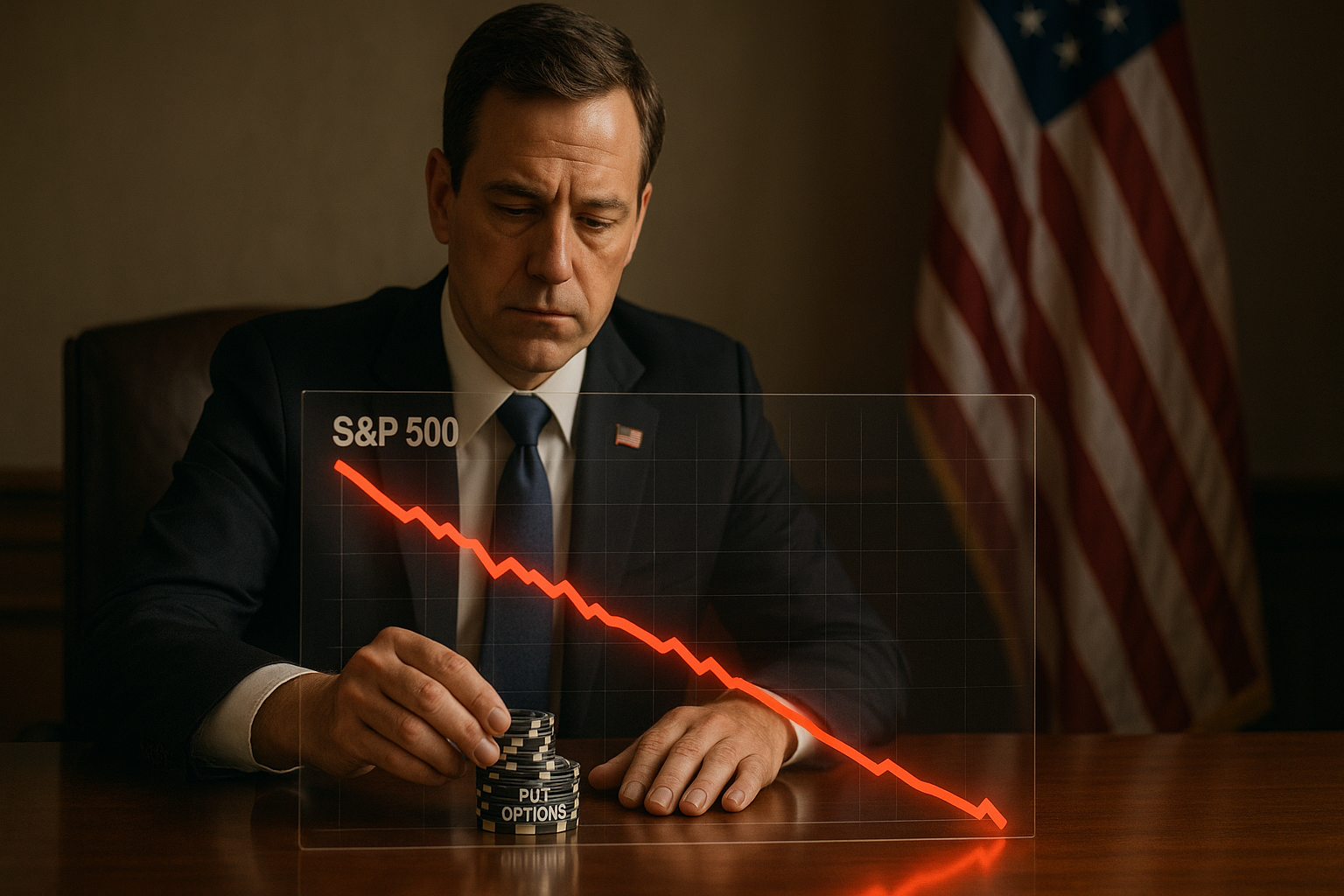The bond market had itself a full-blown meltdown yesterday. And honestly, who could blame it?
Treasury yields shot up with alarming speed after reports surfaced that the U.S. government might—and I stress might—be staring down the barrel of a $172 billion tariff refund obligation. The 30-year yield pushed above 4.97%, territory that had veteran traders muttering profanities under their breath while frantically recalculating portfolio projections.
The Dow, never one to miss a panic party, plummeted more than 500 points. Because nothing complements a bond market freakout quite like an equity sell-off.
So what exactly happened here?
At its core, this mess stems from a World Trade Organization ruling that essentially told the United States its aggressive China tariff strategy may have been, shall we say, legally questionable. The potential price tag for this adventure in trade policy? A staggering $172 billion in refunds.
For perspective, that's roughly NASA's budget for seven years. We could've funded a decent-sized space program instead of this tariff experiment gone sideways.
"I haven't seen the bond market this rattled since—" one fixed-income strategist started telling me before stopping to check his Bloomberg terminal again. "Actually, scratch that. This is its own special category of unsettling."
The market reaction makes sense when you break it down. Higher government outlays mean bigger deficits. Bigger deficits mean more Treasury issuance. More issuance typically means higher yields. It's bond math 101, but that doesn't make the reality any less painful.
Look, the irony here is thick enough to cut with a knife. Those very tariffs that were supposed to protect American industry and show China who's boss might now blow an aircraft-carrier-sized hole in our federal budget. It's like installing an expensive home security system only to have it short-circuit and burn your house down.
I've been covering bond markets since 2018, and there's a particular expression traders get—a thousand-yard stare combined with slightly pursed lips—when something fundamentally shifts their outlook. Yesterday, that expression was everywhere on trading floors.
The benchmark 10-year yield, which influences everything from your mortgage rate to what corporations pay to borrow money, jumped like it had touched a live wire. The 2-year yield wasn't far behind. The whole yield curve shifted upward faster than you could say "fiscal responsibility."
The equity sell-off added another dimension to this financial drama. Why the 500+ point Dow drop? Simple. (Well, not simple, but follow me here.) Higher yields make future corporate earnings less valuable in today's dollars. They also raise borrowing costs for companies and consumers alike. Neither scenario is particularly bullish for stocks.
"We were already walking a tightrope," said one portfolio manager between gulps of what appeared to be his fourth coffee of the day. "This tariff story just feels like someone's shaking the rope for fun."
What makes yesterday's market tantrum particularly noteworthy is the timing. We're in this weird economic moment—strong job numbers but weakening consumer sentiment, cooling headline inflation but sticky service prices. Tossing a potential $172 billion liability into this economic gumbo is like adding ghost peppers to a dish that was already spicy enough, thank you very much.
The question now: is this a one-day wonder or the start of something more persistent?
Markets often overreact to shocking headlines before recalibrating as more details emerge. It's entirely possible—probable, even—that the actual tariff refund will be smaller, stretched over years, or successfully contested.
But uncertainty is poison to market stability. And right now, uncertainty is what we've got by the truckload.
For investors watching this unfold, yesterday serves as a stark reminder that policy decisions often create unexpected ripple effects years later. Those tariffs might have seemed like a straightforward trade policy tool at the time, but they've generated complex consequences across global supply chains, consumer prices, and now potentially government finances.
As one bond trader summed it up to me (as we both stared at screens glowing red): "Trade wars were supposed to be easy to win. Nobody mentioned they might be expensive to lose."




